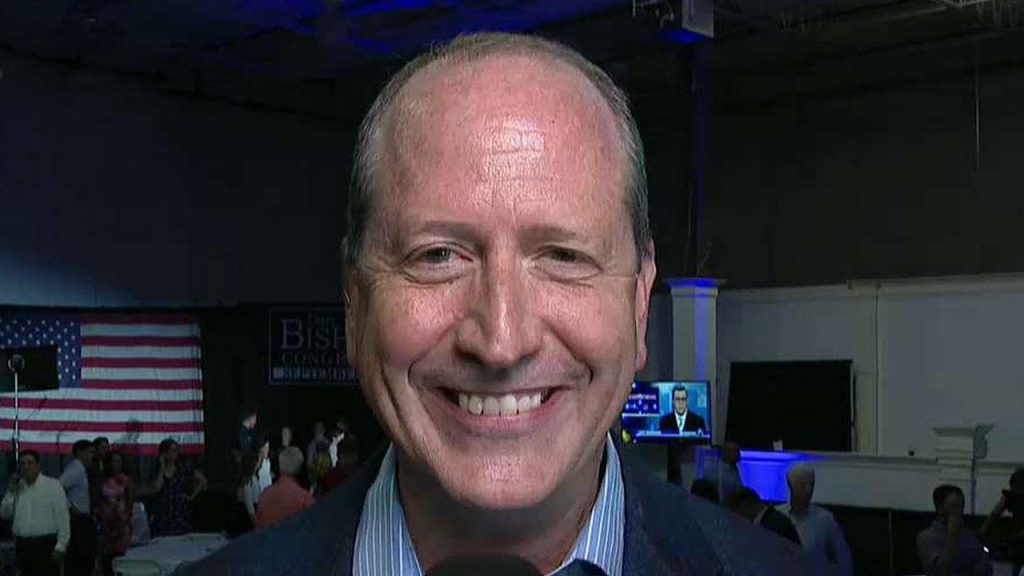When I get the chance, I am going to do a deeper analysis of the turnout pattern of Tuesday’s special congressional election in North Carolina’s Ninth Congressional District. Here are some things I already know. The Republicans held the suburban/exurban/rural Charlotte seat and elected state Senator Dan Bishop, one of the architects of the Tarheel State’s notorious anti-transgender “bathroom bill.” This happened despite the Democrat Dan McCready doing better in the suburban part of the district than he did in 2018. In fact, McCready lost by almost 4,000 votes rather than the few hundred that temporarily decided the 2018 outcome before the results were thrown out due to Republican ballot fraud. Jonathan Allen of NBC News provides some more detail:
The key takeaways: Bishop out-performed Harris in rural areas, and McCready beat his own numbers in suburban Mecklenburg County — increasing his share of the vote there from 54.9 percent to 56.3 percent.
Trump strategy for winning re-election relies heavily on massive rural Republican turnout in swing states — as it did in 2016 — but some Republicans have privately questioned whether he can win if he doesn’t find a way to reclaim some of the suburban voters he’s alienated during his presidency.
Frank Luntz, a veteran pollster and message-maker for GOP candidates, likened Bishop’s win to a heavily favored college football team hanging on in the final minutes against an opponent that shouldn’t have been in the ballgame.
“Conservative Twitter celebrating a 2-point win in a +12 GOP district from 2016 is like Michigan celebrating a win over Army in double-overtime,” he wrote on Twitter.
The Democratic spin is that this district never should have been competitive and that there are a lot of seats that will flip into their column if this election is representative of public sentiment nationwide. The Republicans are just happy they held the seat and Trump is taking credit for the victory because he held a last-minute rally there that appears to have been effective.
In truth, there are warning signs for both parties. This is just the latest example of the Republicans winning a close election despite hemorrhaging support in the suburbs. You can argue that the election shouldn’t have been close, but you can also argue that the formula of ramping up rural/white turnout to compensate for suburban losses is still operative.
As long as this tradeoff continues, at a minimum the Democrats will be leaving some winnable seats on the table. It also furthers a trend where the Democrats swap poorer constituents for richer ones, which is transforming the party away from its farmer/labor roots at an alarming pace while turning the GOP into more of a right-wing worker’s party. Right-wing worker’s parties are dangerous and historically tied to fascism.
This isn’t a cost-free trade for the country. It isn’t really a clear winning strategy for either party. Mainly, it reflects a further racial and cultural polarization of the country. For these reasons, the Democrats really should invest more effort in holding back the rural Republican gains, even if it comes at a bit of a cost in the suburbs.
